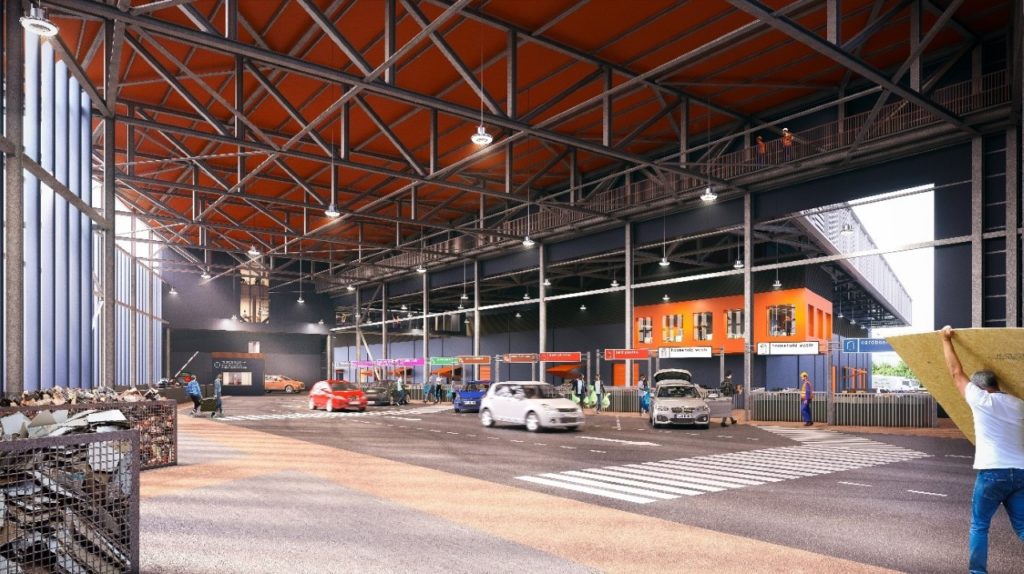The year-long trial, which began in September 2002, cost a total of 75,343 to run, including publicity and education work, the design of collection bags and the cost of collection, sorting and recycling itself.
The pilot was funded by 20,000 +VAT from the DTI, 30,00 from the South West Regional Development Agency (SWRDA), 60,000 from SITA Environmental Trust from landfill tax credits and 5,000 from Bristol City Council.
Project manager Isobel Downey told letsrecycle.com: “We have secured funding in Bristol for a further 6-8 months and we have been waiting for the Battery Directive to see if it will enforce producer responsibility.” The funding for this extension is from SWRDA, Bristol city council and SITA Environmental Trust.
Ms Downey added that she hoped the project could be renewed every six months, with help in future from producer responsibility legislation. “In the long term, it will depend on producer responsibility to keep it going. That's the way it should go and if it doesn't there'll have to be a lot of pressure on central government from local government if we're to meet our targets,” she warned.
Cost
However, Paul Duke, general secretary of the British Battery Manufacturers' Association, pointed out that it would cost more than 9 million a year to recycle the Battery Directive minimum of 160g per person, for 60 million UK citizens, at 980 per tonne – even before promotional expenses.
Mr Duke questioned whether so much money and energy should be directed towards recycling batteries. “There have been extensive trials and there's never been any evidence that batteries have an impact on the environment through landfilling or incineration,” he said. “Ninety-eight percent of primary batteries contain no heavy metals and in terms of economics, only silver oxide button cells contain commercially valuable materials, worth more than the cost of recycling them.”
He added: “Why prioritise batteries? The normal reasons you collect other wastes, such as value, volume or hazardous nature, apply to batteries. Why are they going to throw lots of money at a waste stream where 10th of 100th of a percent is batteries? ”
Bath and North East Somerset council is expected to join the scheme in 2004, with official confirmation coming after Christmas 2003.
Problems
The main reason for the huge cost per tonne was the closure of the campaign's Avon-based recycling partner, Britannia Zinc Ltd in February 2003. This plant, the only one in the UK capable of recycling batteries at the time, had recovered zinc from the project's batteries for free on a trial basis.
But when Britannia closed, the Campaign was forced to send the batteries to reprocessors abroad, via Wolverhampton-based collectors G&P; Batteries at a much higher cost. The pilot was also hampered by initial collectors Resourcesaver, which went on strike several times, until it was taken over by ECT.
At the end of the year, 12 tonnes of batteries had been collected – about 7% of batteries sold in one year in the city. This came largely from the 150,000 households included in the black box kerbside scheme, but was supplemented by 250kg from bring banks on two CA sites over six months.
Ms Downey said Bristol would share publicity materials developed for the campaign for free with local authorities that contact her. “We have got the branding and have paid for it and that's now available to you,” she said.
Facility
At a meeting in Bristol to discuss the pilot, G&P; revealed that it was looking for potential partners and appropriate technologies to set up a UK battery recycling facility.
Managing director Michael Green said: “The UK has a serious problem in that at some stage in the future it's going to generate a lot of batteries that need recycling. There's a question whether there's enough capacity in the rest of Europe to deal with that capacity, so something needs to be done.”








Subscribe for free